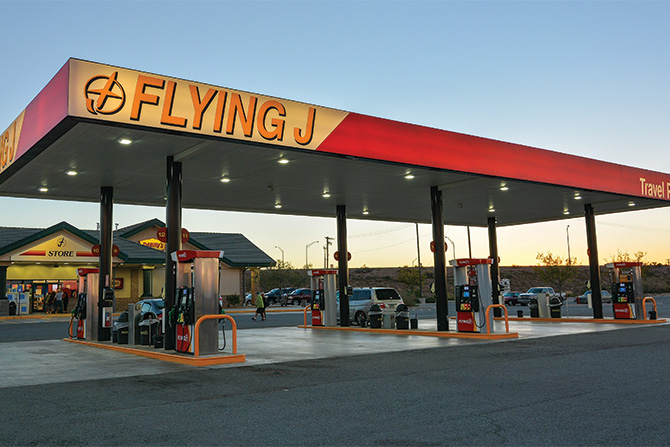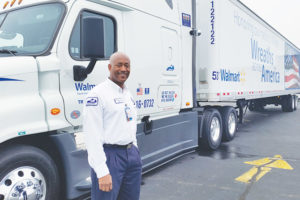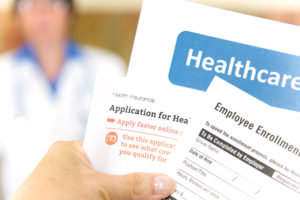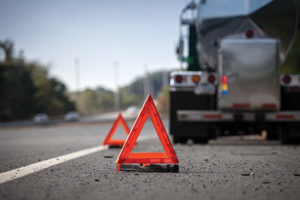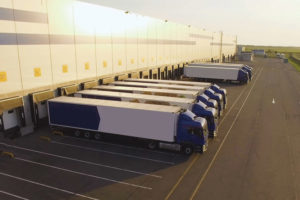By Kentucky Trucking Association
Truck drivers need information and preventive measures to stay safe from the COVID-19 virus as they perform their essential work moving goods throughout the U.S. Toward that end, UrgentCareTravel has started an evaluation service, so that drivers can get that help at its walk-in clinics. There are 13 of them, all run by Pilot Flying J. The plan is to give drivers and clinical workers access to eye protection, gloves, gowns, masks, and test kits. Current locations include:
- Baytown, Texas
- Carlisle, Pennsylvania
- Cartersville, Georgia
- Dallas, Texas
- Fontana, California
- Joplin, Missouri
- Knoxville, Tennessee
- Laredo, Texas
- Oklahoma City, Oklahoma
- Perrysburg, Ohio
- Phoenix, Arizona
- Ruther Glen, Virginia
- West Memphis, Arizona
The company plans to open another center soon in Hubbard, Ohio. Drivers also have the option of using a telemedicine-based evaluation. Calls are classified as being informational or as patient encounters. Patients can download a video app to chat and video call in-house healthcare professionals. For more information, go to www.urgentcaretravel.com/coronavirus.
Love’s Travel Stops is monitoring the pandemic and making sure its employees have education and guidance. Efforts to disinfect work areas have been increased, and self-service food areas have been converted to full-service. Some locations have adjusted hours and services.
Carriers are also helping. For example, XPO Logistics has added protections and benefits for U.S. employees that include 80 hours of paid sick leave, at full wage levels, for those who have been infected by COVID-19. Landstar System is paying affected drivers $1,000 per week for up to two weeks. It has committed itself to make settlement transactions promptly and keep properly maintained trailers available.
Rolling Strong, a wellness program for professional drivers, has always been involved in helping drivers be as healthy as possible. Drivers are more likely to be dealing with obesity and diabetes, and 17% are morbidly obese. Approximately 48% have one or more chronic diseases. Rolling Strong is making educational materials about the coronavirus to help drivers learn how to make hand sanitizer manage stress and reduce contact with touchpoints such as fuel pumps and the scales at weigh stations.
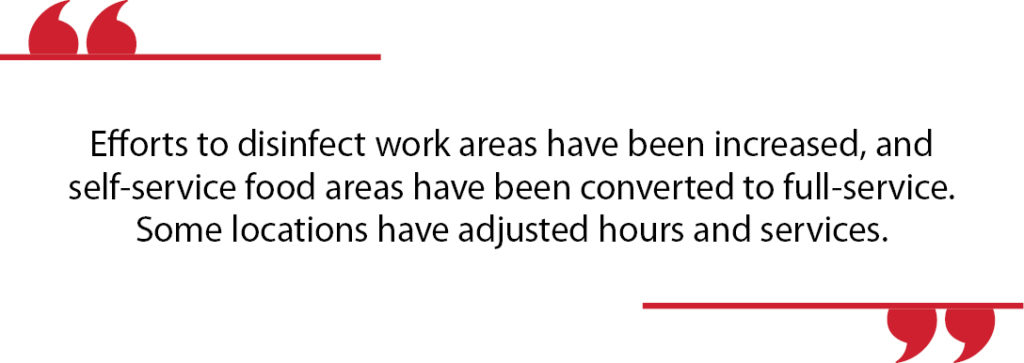
Semi-truck drivers and their families have the option of getting financial help from the St. Christopher Truckers Relief Fund, which is based in Knoxville, Tennessee. The organization has seen increased donations but can currently only help qualified applicants who have tested positive for the virus and whose situation is serious enough for them to need medical care.
Kathleen Cartmell, an associate professor whose specialty is epidemiology, is within the Department of Public Health Sciences at Clemson University. She offers the following information and recommendations:
Long-haul truckers interact with fewer people than delivery drivers. That lowers their risk.
Necessary precautions consist of not coughing on people, washing hands frequently, and sanitizing surfaces. Masks should be reserved for healthcare workers and people who have the virus.
If you are around someone, especially if they are sick, keeping a distance of several feet from them can help you stay healthy.
Meet outside as often as possible. Closed areas or buildings with closed circulation make it easier for the virus to be transmitted.
One piece of good news is the fact that there have not been any cases of infection caused by imported goods. Domestically, there is a small chance of infection from cardboard, which is shorter than the time it can survive on stainless steel or plastic. But mail and parcel delivery services have updated guidelines for sanitation, and the risk is considered low. Companies like Amazon are doing what they can to meet the concerns of affected employees. Changes include paid sick leave and a relief fund for contractors and drivers.
Some truck manufacturers have shut down their operations temporarily, but this is not as serious a step as one might expect. The trucking industry has had an oversupply; shutdowns are an opportunity to decrease inventory. Aftermarket operations are still open and fully supported.
More worrisome is the sudden rise in layoffs, although the U.S. Senate’s $2.2 trillion relief bill is expected to help businesses, health care systems, and workers who are affected by COVID-19. According to the chairman of the Federal Reserve, Jerome Powell, the central bank is in a good position to keep the country functioning until the pandemic subsides. However, although COVID-19 has ruined the second quarter, some companies, such as Amazon and Walmart, are hiring. The trucking industry is also hiring in the short term; it is an open question how trucking will be affected in the long term. The freight mix is sure to change, and that may help offset drops.
Timothy Denoyer, who is a vice president and senior analyst for the ACT, acknowledges a steep drop for the second quarter of 2020. Still, he also said he expects stabilization of the trucking industry in the third quarter of the year, and he expects a recovery in the fourth quarter. An economist named Noel Perry, who works for Transport Futures, does not expect the recovery to offset the drop; he thinks the best case is that they will offset each other. According to Robert Koopman, chief economist for the World Trade Organization, the economic blow from COVID-19 has been faster and more severe than the effect of World War II, minus the destruction of physical assets. But there is also a great deal of uncertainty; the current situation is unknown territory for everyone throughout the world.
Experts are already conducting surveys to determine how the virus is affecting the trucking industry so that decisions can be based on facts instead of guesses. For example, the American Transportation Research Institute and the Owner-Operator Independent Drivers Association Foundation are working together to understand the impact of the virus on drivers.
One thing the trucking industry does have abundantly right now is gratitude from company owners and the general public. It has never been more evident that trucking plays a vital role in making sure that people get the goods and services they need. It is the No. 1 job in 29 states. It keeps 3.5 million professional truck drivers employed, and also provides work for another 7.7 million people who have truck-related jobs.
On March 25, 2020, more than 460 members of the commercial motor vehicle industry joined Transportation Secretary Elaine Chao and the acting administrator for Federal Motor Carrier Safety, Jim Mullen, in a conference call. During the call, Chao praised the work being done by drivers during the pandemic. FMCSA has issued an exemption for some hours-of-service regulations for motor carriers that are involved in relief efforts or that are hauling resources such as fuel and raw materials. FMCSA has also given some drivers limited exemptions if their commercial license, learner permits, and medical certifications have lapsed. Efforts are also being made to keep rest areas open for drivers during off-duty time. Chao noted that Joel Szabat, DOT’s acting undersecretary for policy, has been actively involved with the White House Coronavirus Task Force led by Vice President Mike Pence. Finally, she asked stakeholders to communicate with the government about concerns and issues because that communication will help everyone do a better job of dealing with COVID-19.
Truckers sometimes suffer from low self-esteem, but the current crisis — in which truckers are genuinely valued for the vital work they are doing — may help with that problem.
This story appears in the 2020 Issue 2 Kentucky Trucker Magazine.

